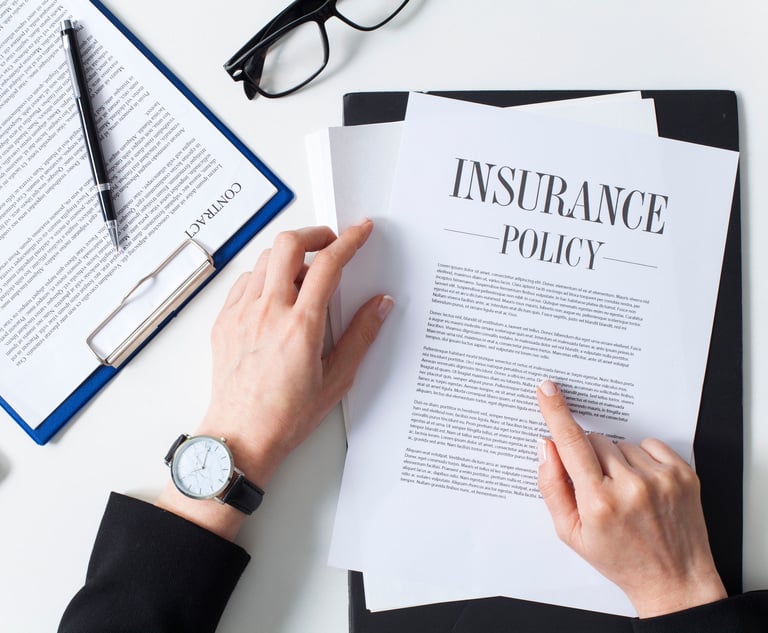Last year, an artificial intelligence engineer at Google caused a massive stir when he claimed that an AI chatbot he was experimenting with was “sentient.” (See https://www.scientificamerican.com/article/google-engineer-claims-ai-chatbot-is-sentient-why-that-matters/). While AI tech has not yet brought us sentient artificial intelligence, i.e., AI that is not just following a programmed algorithm, AI chatbots that have come into wide use in the past months, like ChatGPT, have caused a massive stir in their own right, demonstrating that sentience is not required for AI technology to be massively disruptive and to raise a host of complex social, business and legal questions.
The current AI implementations follow steps and algorithms programmed by humans. (See //www.uspto.gov/sites/default/files/documents/USPTO_AI-Report_2020-10-05.pdf at ii) ( In a USPTO survey, the “majority viewed the concept of artificial general intelligence (AGI)—intelligence akin to that possessed by humankind and beyond—as merely a theoretical possibility that could arise in a distant future.”) When the AI is tasked to create something, whether that is a piece of art, an essay, a legal brief, a song, a screenplay, or a piece of software code, it needs to look at other material for a starting point, i.e., “inspiration” for what it is creating, so to speak. This raises interesting legal issues when such source material, often called training materials, is copyrighted or trademarked. If the source material is not copied exactly, can the AI be considered a copier or can it escape infringement because what it creates is a transformative independent development? Following very closely in time to the release of virally popular generative AI apps, we are now seeing a first wave of lawsuits that have been filed to test these very questions.
This content has been archived. It is available through our partners, LexisNexis® and Bloomberg Law.
To view this content, please continue to their sites.
Not a Lexis Subscriber?
Subscribe Now
Not a Bloomberg Law Subscriber?
Subscribe Now
LexisNexis® and Bloomberg Law are third party online distributors of the broad collection of current and archived versions of ALM's legal news publications. LexisNexis® and Bloomberg Law customers are able to access and use ALM's content, including content from the National Law Journal, The American Lawyer, Legaltech News, The New York Law Journal, and Corporate Counsel, as well as other sources of legal information.
For questions call 1-877-256-2472 or contact us at [email protected]


 Graphic designer using digital artificial intelligence interface 3D rendering. AdobeStock image
Graphic designer using digital artificial intelligence interface 3D rendering. AdobeStock image




